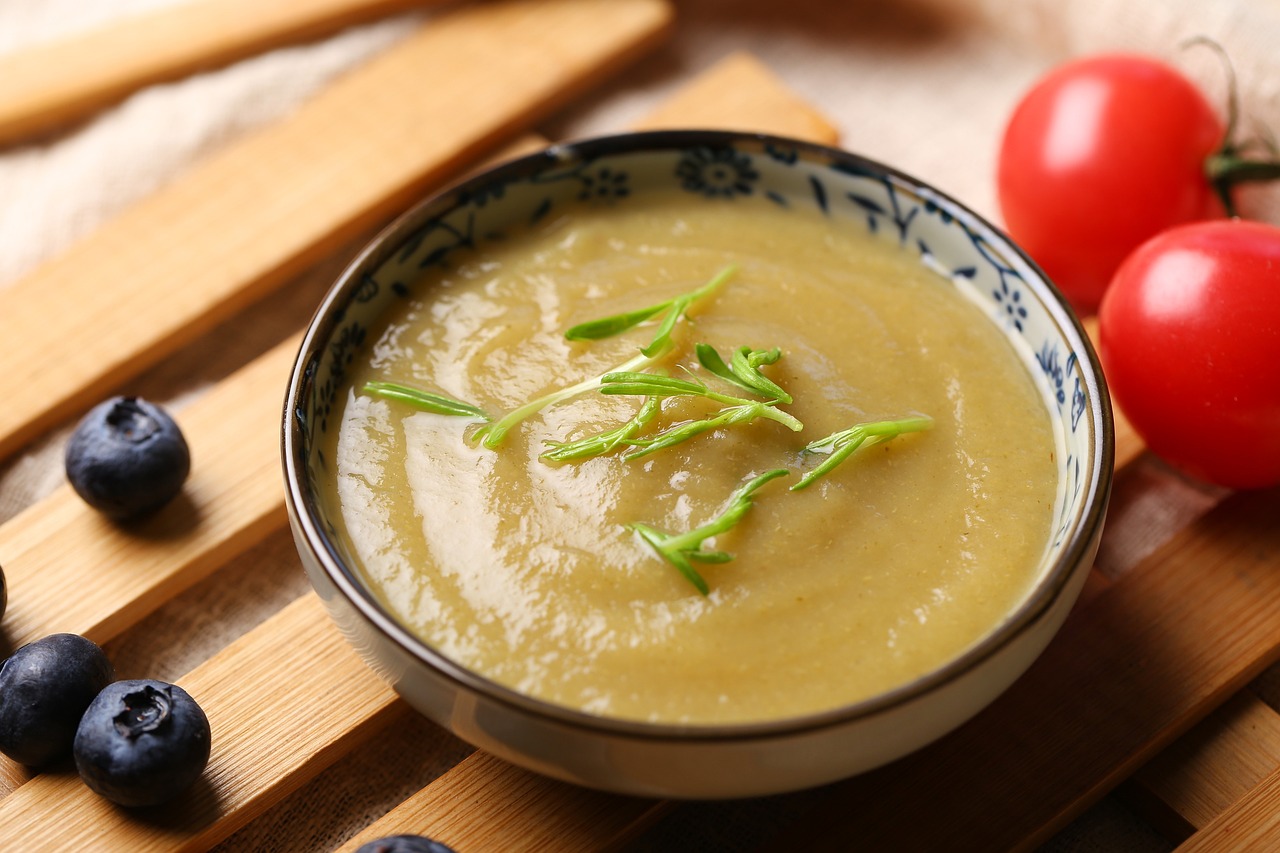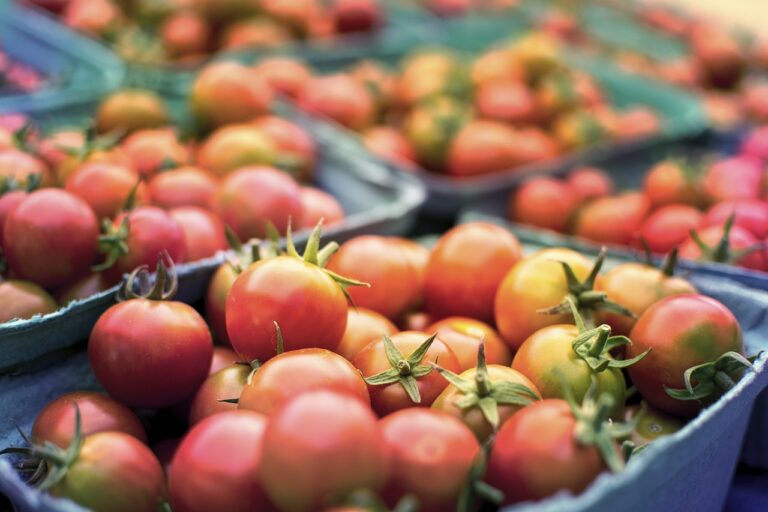Market Opportunities for Organic Wine Exports
play99exch, lotus exchange login, playexch.in: Are you a wine producer looking to expand your export market? Have you considered tapping into the growing demand for organic wines? With consumers becoming more health-conscious and environmentally aware, the market for organic wines is on the rise. In this article, we will explore the market opportunities for organic wine exports and how you can capitalize on this trend.
What are organic wines?
Organic wines are produced from grapes that are grown without the use of synthetic pesticides, herbicides, or fertilizers. In addition to being free of chemicals, organic wines are also made without added sulfites, a common preservative in conventional wines. This makes organic wines a healthier and more environmentally friendly choice for consumers.
Market trends
The global market for organic wines is experiencing significant growth, with consumers increasingly seeking out organic and natural products. According to a report by Grand View Research, the organic wine market is expected to reach $14.5 billion by 2027, representing a compound annual growth rate of 9.7%. This growth is being driven by changing consumer preferences, as well as increasing awareness of the health and environmental benefits of organic products.
Opportunities for exports
As the demand for organic wines continues to grow, there are ample opportunities for wine producers to capitalize on this trend through exports. Many countries, especially in Europe and North America, have well-established markets for organic wines and are actively seeking out new suppliers. By exporting organic wines, producers can tap into these markets and expand their customer base.
In addition to established markets, there are also emerging markets in Asia and Latin America that represent new opportunities for organic wine exports. As consumers in these regions become more health-conscious and environmentally aware, the demand for organic wines is expected to increase. By entering these markets early, producers can establish a strong presence and capitalize on the growing demand.
Challenges
While the market for organic wines presents numerous opportunities, there are also challenges that producers need to be aware of. One of the main challenges is certification, as organic wines need to meet strict standards set by regulatory bodies in each country. Obtaining certification can be a lengthy and costly process, but it is essential for gaining trust and credibility with consumers.
Another challenge is competition, as the market for organic wines is becoming increasingly crowded. To stand out from the competition, producers need to focus on quality, branding, and marketing. By offering unique and high-quality products, producers can differentiate themselves and attract discerning consumers.
Tips for success
To succeed in the market for organic wine exports, producers should focus on quality, sustainability, and innovation. By investing in sustainable practices, such as organic farming and biodynamic winemaking, producers can produce high-quality wines that appeal to environmentally conscious consumers. Additionally, by innovating and experimenting with new grape varieties and winemaking techniques, producers can create unique and exciting products that stand out in the market.
FAQs
Q: What is the difference between organic and conventional wines?
A: Organic wines are produced from grapes that are grown without synthetic pesticides, herbicides, or fertilizers, while conventional wines may contain these chemicals. Organic wines are also made without added sulfites, a common preservative in conventional wines.
Q: How can I obtain organic certification for my wines?
A: To obtain organic certification, producers need to meet the standards set by regulatory bodies in each country. This may involve undergoing inspections, providing documentation, and following specific guidelines for organic farming and winemaking.
Q: Are there any marketing tips for promoting organic wines?
A: When marketing organic wines, producers should emphasize the health and environmental benefits of their products. They should also highlight their sustainable practices, unique flavors, and quality craftsmanship to attract discerning consumers.
In conclusion, the market for organic wine exports is ripe with opportunities for producers looking to expand their reach and tap into the growing demand for organic products. By focusing on quality, sustainability, and innovation, producers can succeed in this competitive market and establish themselves as leaders in the global wine industry.







